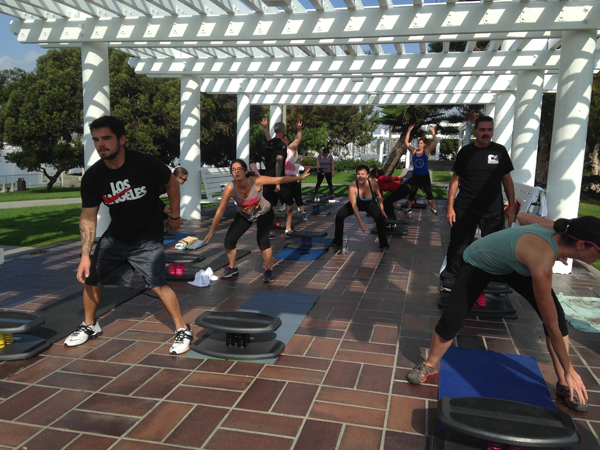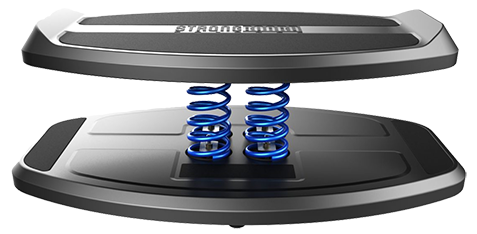
It’s that time of year when you see the gyms get busier, classes get crowded, our normal running or cycling paths get swamped with new riders. Unfortunately, that can lead to more accidents, people getting sick from overdoing it, and injury. No one wants this! Taking time to ease into a new fitness routine will help you in the long run.
If you’re planning to hit that New Year’s Resolution hard, please take the following into consideration. Your body will thank you!
- You Don’t Need to Hit it Hard Every Single Time
Yes, we all love muscle soreness. We feel like we have to hit 110% to be on our way to serious results. This just isn’t the case. With a consistent workout plan, you really only need to up your resistance every three weeks. Soreness can also indicate a muscle strain and potential injury. Extreme soreness and Delayed Onset Muscle Soreness (DOMS) will typically pull you out of your routine for a few days, so isn’t it better to bump up your workout gradually? Try having a moderate workout in the beginning of the week, a harder one in the middle, an easier one, and then a harder one. You’ll feel more motivated to hit the gym consistently and won’t have to regress your training plan.
- Take Recovery Days
Every athlete takes a rest day. Whether that means a slow, easy bike ride, a long walk, some gentle yoga, or simply putting something else important in your life as a priority, taking a day of rest is essential to your health and well-being. Schedule one or two days off each week to rest, recover, and rejuvenate. Muscles need recovery time to get stronger and leaner.
- Mix It Up
No matter what your fitness goals are, it’s imperative to incorporate cross training. Triathletes do yoga, bodybuilders go running, and boxers use cardio machines. If we do the same thing every time, our bodies will adjust and our workouts will become easier, and not necessarily better. Using your muscles in different ways will prevent them from getting worn down by one sport. Mix up your routine by adding classes, at-home workouts, or new machines at the gym. You’ll notice a difference!
- Stretch
Gentle stretching is just as important at the end of a workout as it is at the beginning. Stretching will help to prevent injury by increasing blood flow to your muscles and help limit muscle fatigue and soreness. Plan to stretch the working muscles for at least 5 minutes after you’ve completed a workout. Add some calming music to the end of your playlist so you won’t forget.
- Sleep
Believe it or not, but our bodies burn calories while we sleep. During this time our muscles get to repair themselves and recover faster, because we aren’t asking them to move. Poor sleep will negatively impact your results. If you’re feeling too tired to workout when you first start exercising, skip it, and get some rest. Lack of sleep can result in overtraining, bloating, weight gain, and decreased motivation. Plus, when we are sleepy, we tend to overeat. Who wants that?
- Listen to Your Body
If you feel sick, dizzy, nauseated, uncomfortable, or too hot- Stop Immediately. These are signs that you are working too hard. If we push too hard, our bodies will rebel. If you start feeling any of these symptoms or generally don’t feel well, find a seat out of the way and have some water. Only return to exercising once these feelings stop, sometimes this will take 5-10 minutes. If it takes longer than 10 minutes, end your workout and go back when you’re feeling better. Once you get more used to working out at a certain level these will start to go away.
Happy New Year!
Stay Balanced.



